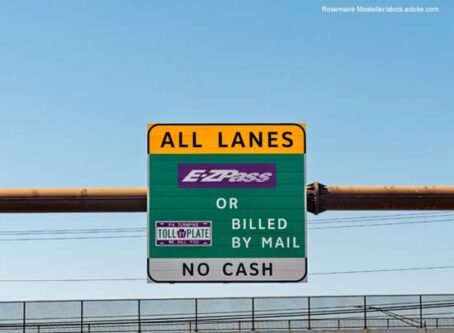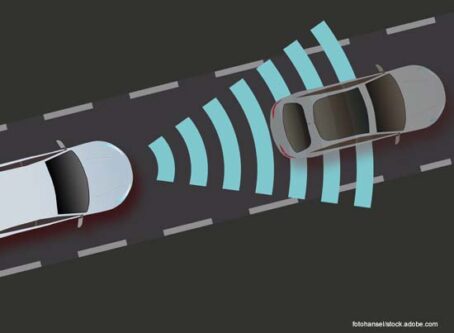Pennsylvania Turnpike announces 6% toll increase for 2020
It’s that time of year: fireworks, hot dogs and the annual Pennsylvania Turnpike toll increase announcement. Starting next year, tolls in the Keystone State will go up another 6%.
On Tuesday, July 16, the Pennsylvania Turnpike Commission approved of the 6% increase in tolls, which is slated to begin at 12:01 a.m. on Jan. 5, 2020. The increase affects both E-ZPass and cash customers. This is the twelfth consecutive year of toll hikes on the turnpike.
Only three western highways are exempt from the 2020 increase: PA Turnpike 376, (Beaver Valley Expressway); PA Turnpike 66 (Greensburg Bypass or Amos K. Hutchinson Bypass); and the Gateway tolling point (milepost 2 near Ohio on I-76). These locations will have toll increases on Oct. 27, 2019, instead.
According to a Pennsylvania Turnpike Commission news release, the most common toll for a Class 5 tractor-trailer will increase from $3.70 to $4 for E-ZPass and from $16.30 to $17.30 for cash customers.
A 2020 trip calculator and toll schedule will be posted online this fall at PATurnpike.com/toll/TollMileage.aspx.
“Due to this onerous funding requirement, nearly half of the PA Turnpike’s FY 2020 toll revenue will go to pay debt service alone,” Pennsylvania Turnpike CEO Mark Compton said in a statement. “Anticipated toll revenue is estimated at $1.4 billion for the fiscal year, and our debt-service payments are roughly $700 million for the year.”
The toll increases are required to meet escalating debt-service costs associated with Act 44/Act 89 contributions to the Commonwealth for transit operations and funding for the commission’s 10-year capital program.
The amount of money generated from the turnpike has been the center of a legal battle between the state and the Owner-Operator Independent Drivers Association.
On July 11, attorneys for OOIDA and the Pennsylvania Turnpike Commission presented oral arguments to an appellate panel. In April, a U.S. District Court dismissed OOIDA’s case against the commission that claims the state’s toll are unconstitutional.
OOIDA contends that there are issues arising from the definition of a toll, a burden on interstate commerce, and whether or not Congress authorized toll revenue to be used for projects not related to the turnpike. Defendants claim that the definition is irrelevant if there is no burden on interstate commerce. Furthermore, the constitutional merits of the Commerce Clause is irrelevant if Congress gave the state authorization.









